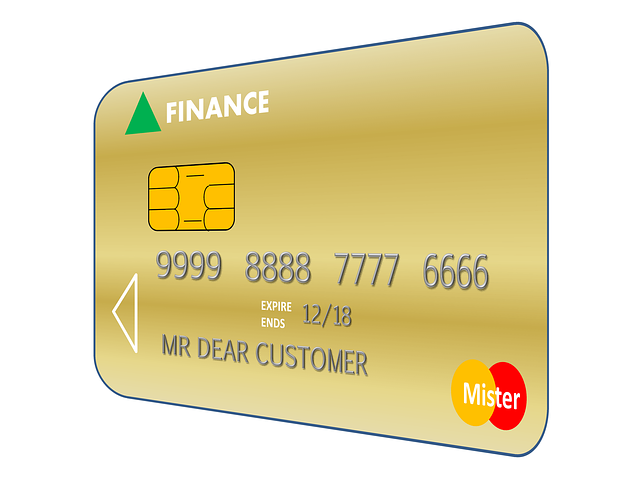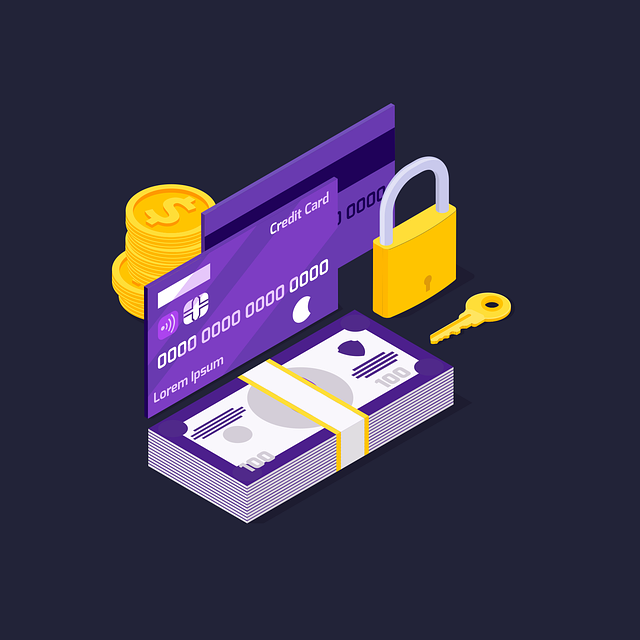Achieving financial independence starts with setting SMART goals tailored to your situation, providing a strategic roadmap for motivated financial decision-making. Regularly reviewing and adjusting these goals enables strategic planning, helping you meet or exceed aspirations for true financial freedom, powered by debt reduction, savings, investing, and multiple income streams.
“Unleash your path to financial freedom with our comprehensive guide! Discover seven powerful strategies to achieve financial independence, a state defined by your unique aspirations. Begin by setting clear, meaningful goals, visualizing them through a strategic vision board. Then, break these down into manageable milestones.
Next, construct a robust financial plan: budget wisely, invest diversely, optimize taxes, and explore passive income. Embrace risk management and insurance to safeguard your progress. These steps are your roadmap to financial independence, empowering you to take control of your monetary destiny.”
Setting Clear Financial Goals

Achieving financial independence starts with setting clear, defined goals. It’s essential to understand what this means for your unique situation – whether it’s paying off debt, saving a certain amount for retirement, or investing in real estate. These goals should be specific, measurable, achievable, relevant, and time-bound (SMART).
By breaking down financial independence into tangible milestones, you gain a roadmap that guides your decisions. Regularly reviewing and adjusting these goals keeps you motivated as you progress, allowing for strategic planning to meet – or even exceed – your aspirations. This clarity ensures every financial step aligns with your ultimate objective: achieving true financial freedom.
– Defining financial independence and its personal meaning

Financial independence is a concept that means different things to different people, but at its core, it refers to the state of having enough wealth and resources to live life on your terms, free from financial constraints or obligations to others. It’s about achieving a level of economic freedom that allows you to make choices without being tied to a specific job or income stream. This could mean retiring early, pursuing passions, or simply enjoying more control over your finances and time.
Defining financial independence is personal—it might involve paying off debts, saving for specific goals, investing wisely, or creating multiple streams of income. It’s about understanding your values, aspirations, and what makes you truly happy, then aligning your financial strategies to support those desires. This journey often requires discipline, smart planning, and a willingness to adapt, but the sense of freedom and control it provides is invaluable.
Achieving financial independence is a rewarding journey that requires clear goals, strategic planning, and discipline. By defining your unique version of financial freedom and implementing these seven essential strategies, you can take control of your financial future. Remember, it’s never too early or too late to start, and each step forward brings you closer to living life on your terms.















